
Digital Humanism
-
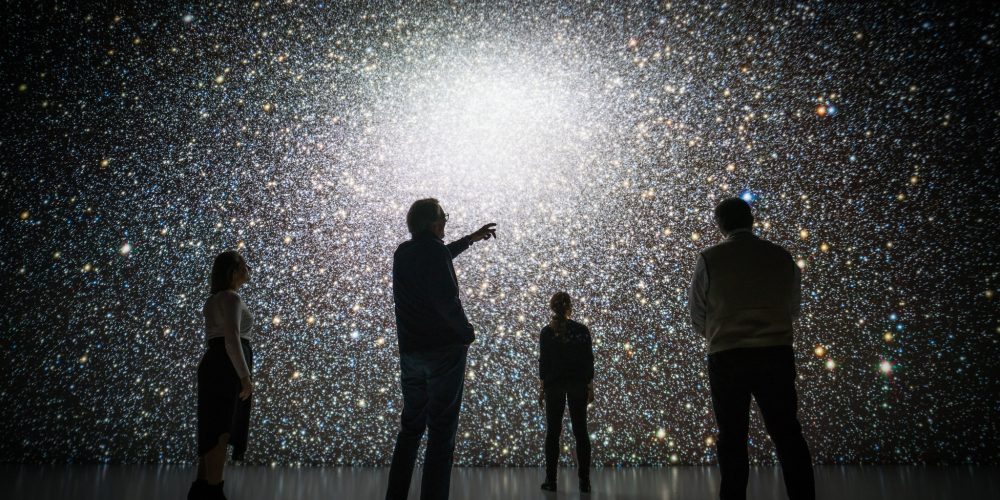
Galaxies and black holes
What is the origin of life? What is the origin of the universe? Where do we come from and where are we going? Questions that have preoccupied mankind for millennia, and it doesn’t look like they will be solved soon. For a wonderfully playful perspective, artists are now joining in.
-
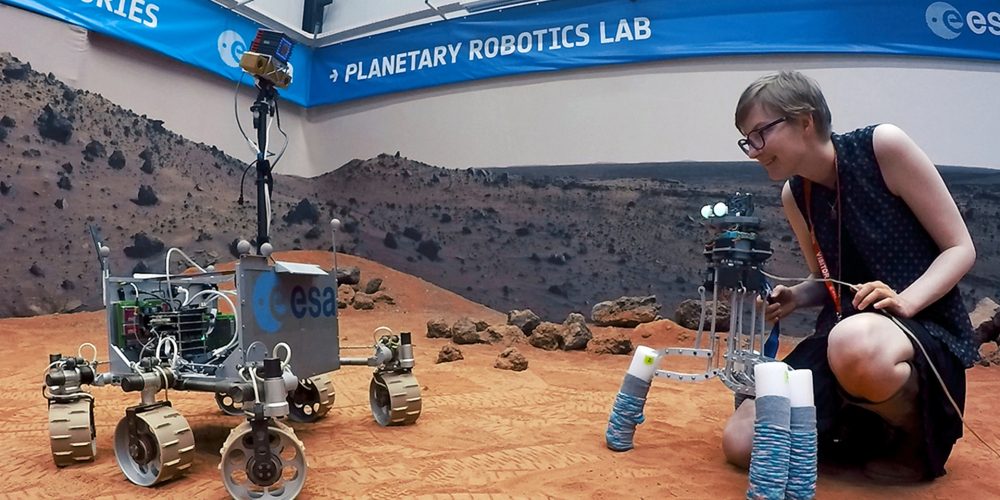
Step into Space
Wanted: Our place in the universe. Found: A team that combines humans and AI to answer fundamental questions. Sarah Petkus and Mark J. Koch aim to educate artificial intelligence to become an individual.
-
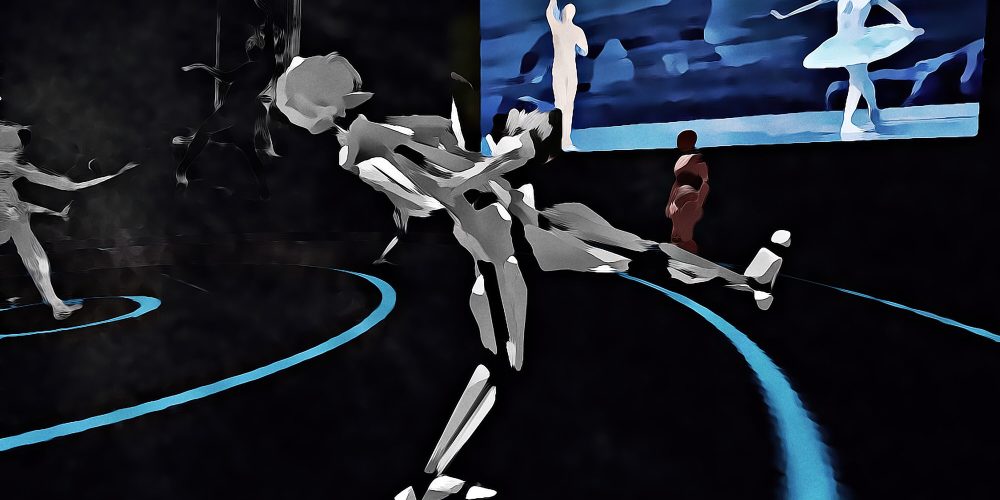
Home Delivery Conference: About Minecraft Universities and Digital Museums
On the Thursday of the festival, the Home Delivery Conference will be dedicated to the cultural aspects of digital space, presenting projects such as the first Minecraft University, the Museum of the Future and a dedicated domain for the art world. This is just one of the numerous thematic focuses in our wide range of…
-
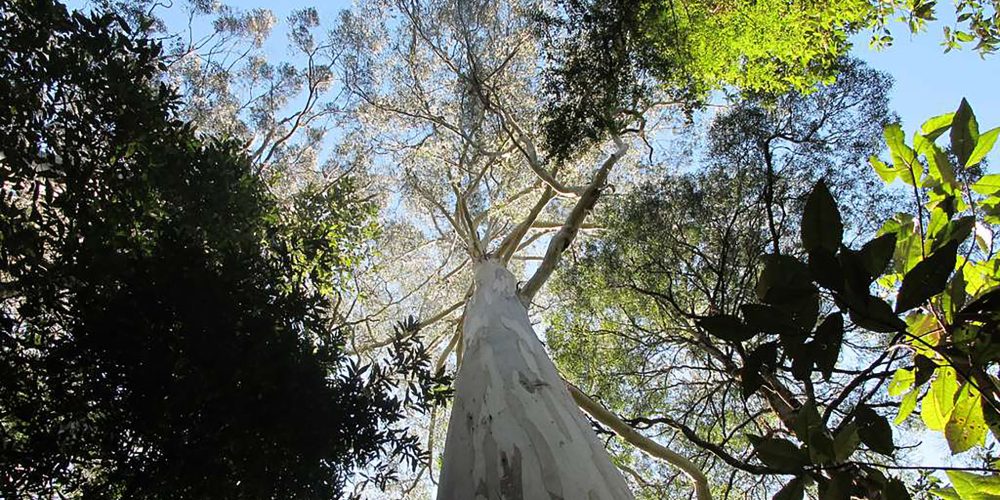
The Kepler Hall hosts the STARTS Prize 2020
The festival takes place! Not despite, but because of Corona. For months a global pandemic has been raising questions that we hadn’t asked ourselves before – but which will most likely keep us busy for a long time to come.
-
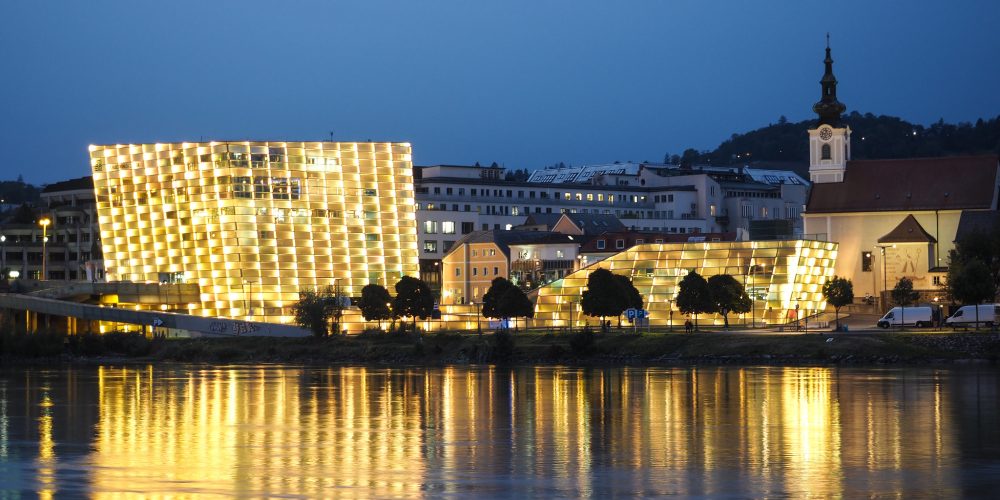
The future under the pillow
Of course we realize that we do not understand integral calculus better if we put the textbooks under the pillow on which we sleep. But it doesn’t do any harm, does it?
-
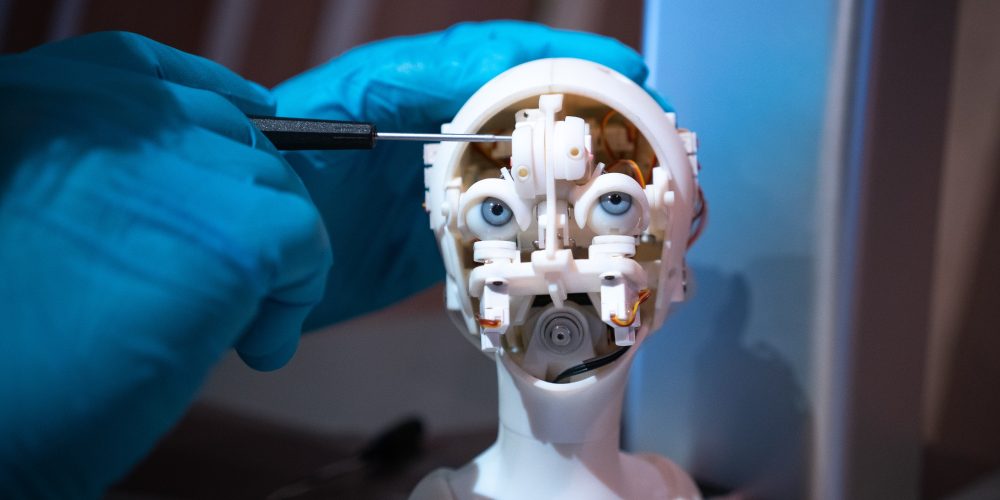
The Museum Never Sleeps
The Ars Electronica Center may be closed at the moment, but it’s not abandoned. We accompanied a colleague during his work at the Museum of the Future, saw a robot from the inside and learned how 3D printing can help in the corona crisis.
-
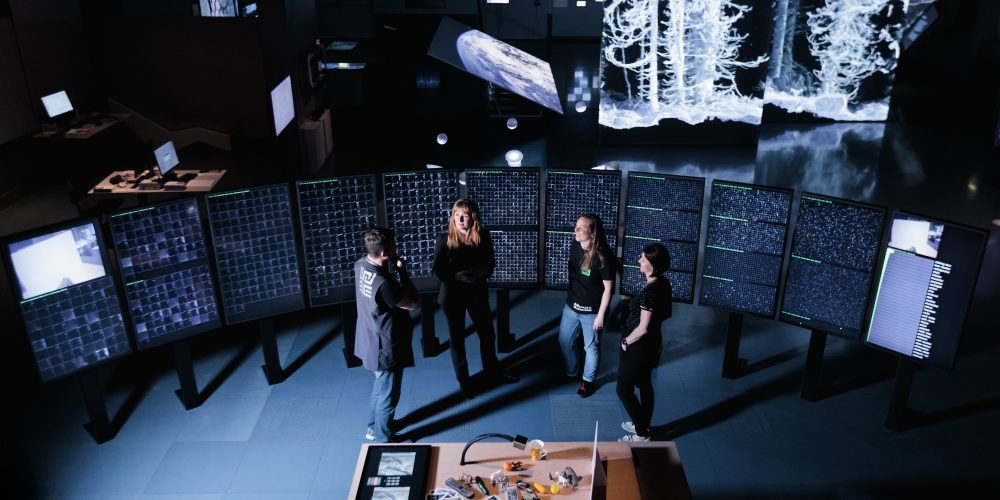
The Big Ars Electronica AI Glossary
Everyone talks about Artificial Intelligence (AI) – but what exactly is it? This glossary shows and explains the most important terms of the world of AI and connects them with examples from the Ars Electronica Center.
-
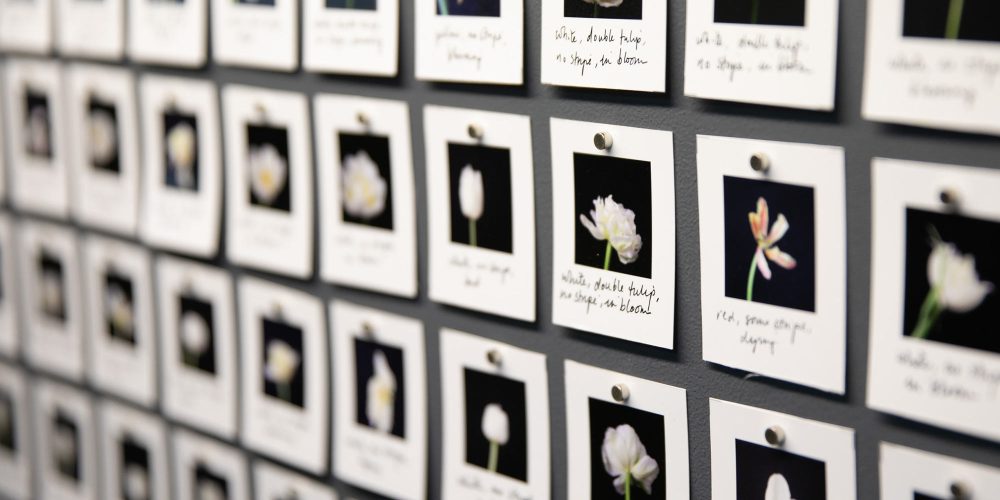
AI isn’t Artificial but Human
Our world is becoming more and more entangled. Financial markets where bots trade endlessly with other bots, social media algorithms that control what narrative we follow, deep fakes that make us doubt even our own senses. It is becoming increasingly difficult to find out where human influence lies in the process of AI.
-
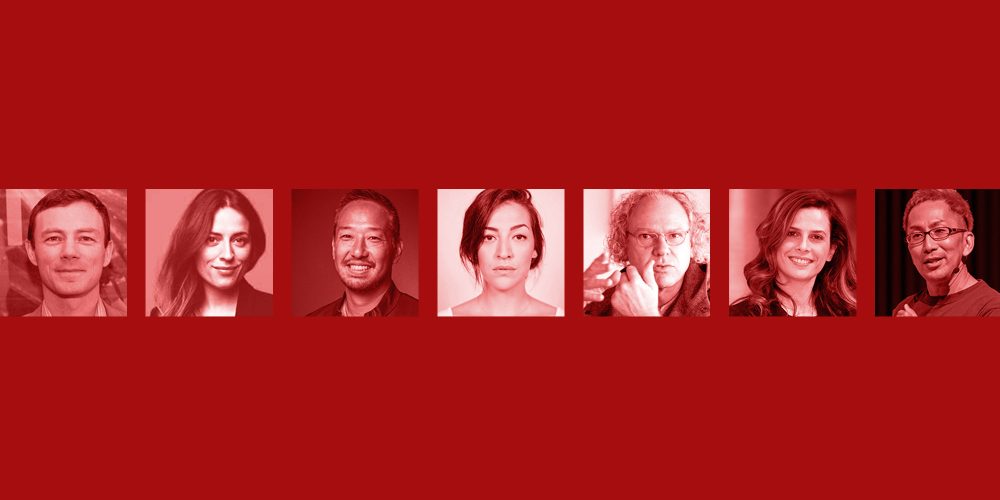
The 2020 STARTS Prize Jury
Every year a jury meets to examine and evaluate the submissions for the STARTS Prize. These experts have fascinating backgrounds and extraordinary fields of research, which we would like to present in the following.
-
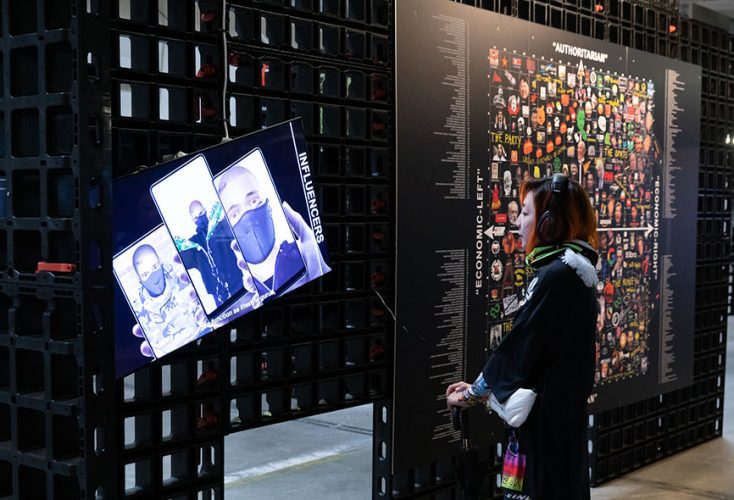
Let’s get STARTed!
It’s that time again! The submission for the STARTS Prize 2020 is open. Starting immediately, the European Commission, together with Ars Electronica, Bozar and Waag, is once again looking for pioneering projects at the interface of art, technology and science that contribute to economic and social innovation.
-
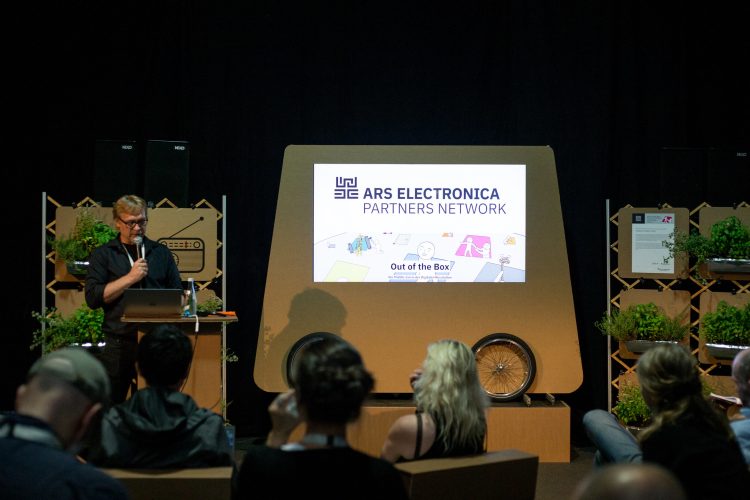
From Theory to Practice: Ars Electronica Research Institutes
Here, academic basic research meets Ars Electronica Futurelab’s artistic/scientific application scenarios: Starting in autumn 2019, the new Ars Electronica Research Institutes will be building a bridge between theory and practice. In this interview, we learned exactly what that looks like.
-
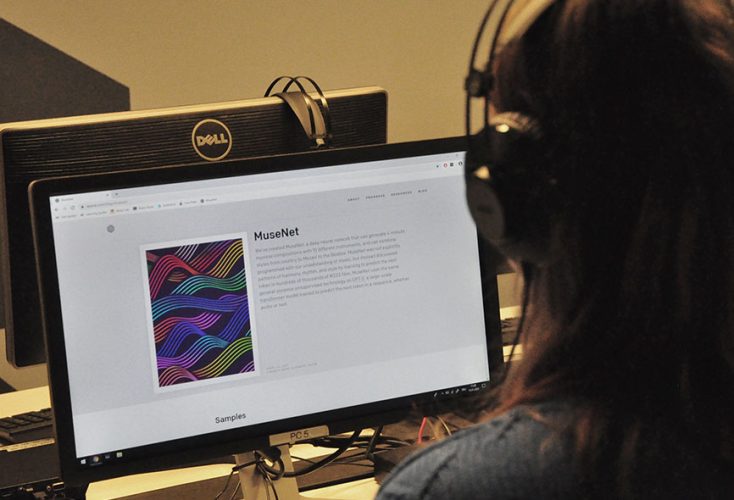
How to compose with MuseNet a piece of music in the style of Mozart
We tried for you how to compose music with the Deep Neural Network “MuseNet” from OpenAI and made a step-by-step guide based on it. If you want to learn more about composing music using AI, you should visit the Open Soundstudio at the Ars Electronica Center and participate in the “MuseNet Special” workshop.
-
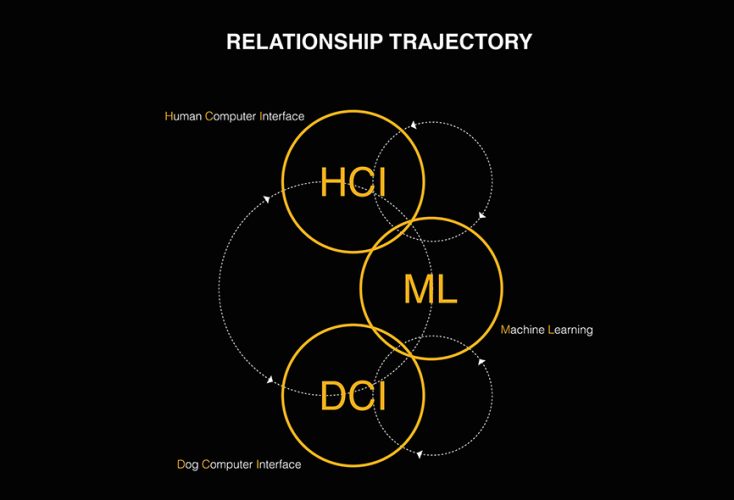
“Our existence may not be limited to machines”
Maja Smrekar’s “!brute_force” – also part of the human (un)limited exhibition in Beijing – deals with the relation man-dog-machine. The basic statement of the work is: Even if we need technology, our existence must not be limited to machines.
-
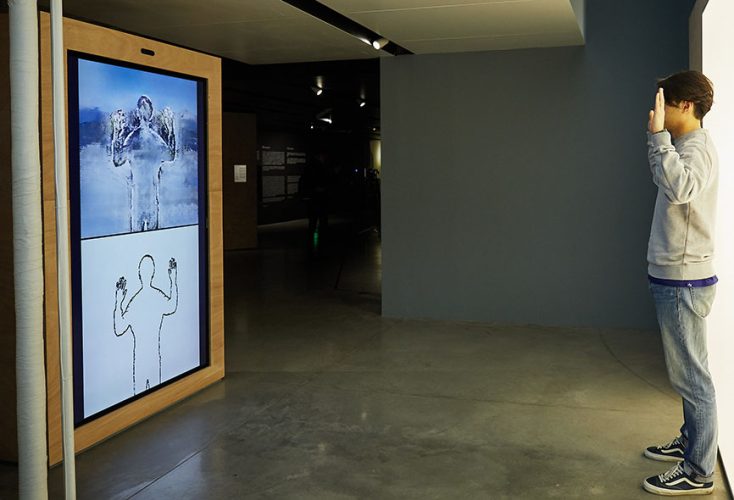
“It’s about what people can do with technology”
The Ars Electronica Futurelab’s “ShadowGAN” project is part of the “human (un)limited” exhibition series currently on show in Beijing, Seoul and Moscow until the end of February. The focus is not on technology as such, but on the human being itself, including its weaknesses and strengths and its eternal search for a place in the…
-
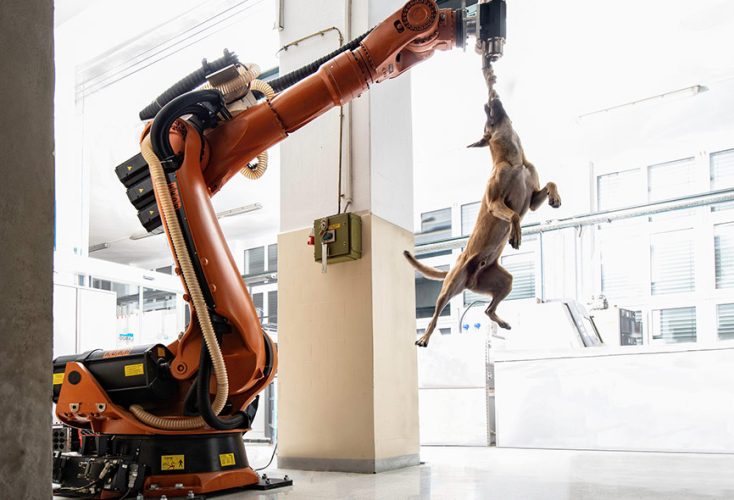
Exploring human limits
Thanks to our creativity and inventiveness, what limits have we overcome and made the supposedly impossible possible? What consequences does this have for us, for our self-image and for the importance we attach to ourselves in the world? What old and new limits do we reach despite all our successes – as individuals and as…
-
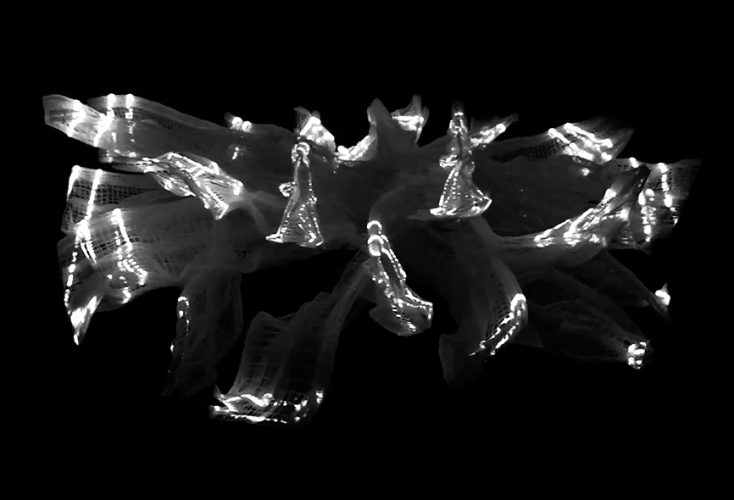
40 Years of Humanizing Technology: How Technology shapes our Society
Technology as an essential human invention or as a self-runner that will overtake us in the future? The exhibition “40 Years of Humanizing Technology – Art, Technology and Society”, organized by the Central Academy of Fine Arts Beijing (CAFA) and Ars Electronica, deals with the question of the antithesis between man and technology that has…
-
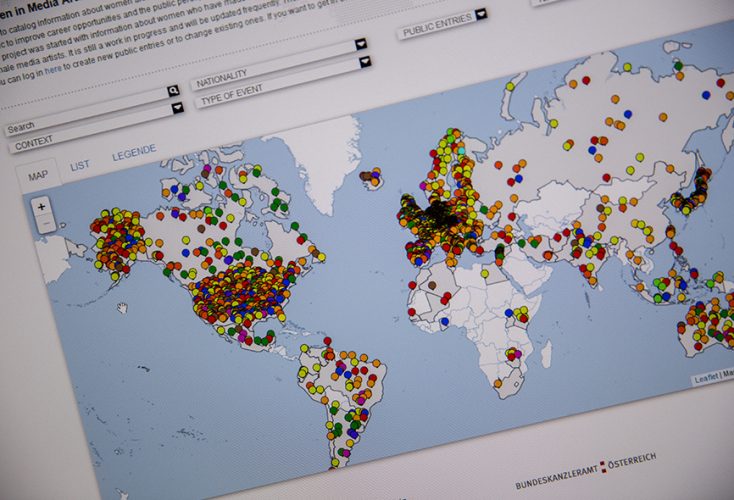
Women’s Networks in Arts & Technology
Elena Robles Mateo talks about her research project to portray networks of women in media art since the 1990s, and in her work has referred to the Women in Media Arts database of Ars Electronica, among others.
-

The ethical Dimension of Artificial Intelligence: A Residency with Foresight
Artificial intelligence is one of the top topics of our time – it is not reserved for an intellectual elite, but reaches up to the regulars’ tables. Just as it will influence our living environment, everyone should feel compelled to have a say and participate in decisions. Best in Edinburgh and Linz!
-
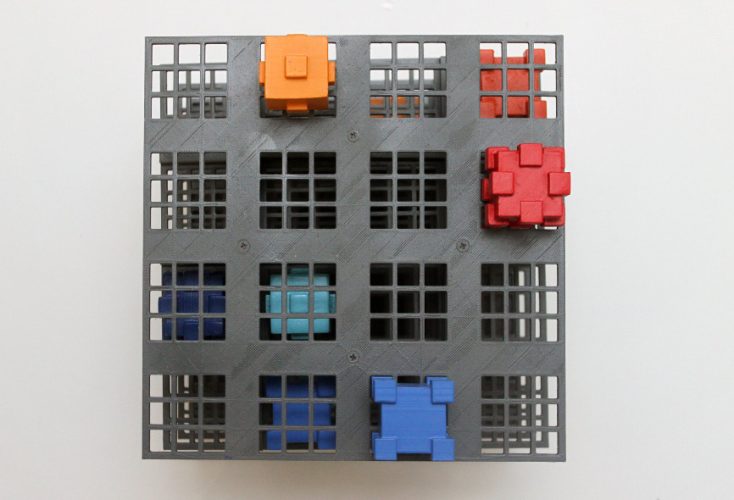
Innovation through interdisciplinarity
How can new paths be taken? Where does the impetus to rethink things come from? How can the mind be guided not to think in the usual way? Who are those who come up with such great things that can actually be used in real life? Well… we might have some answers.
-
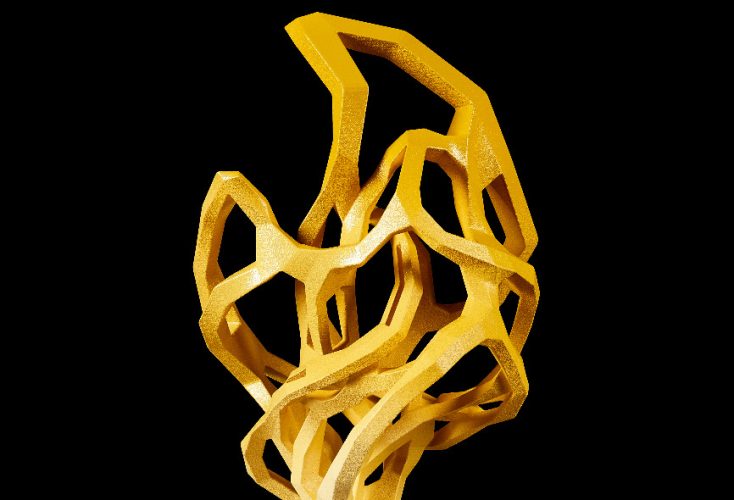
Even more gorgeous ideas
The European Commission’s STARTS Prize has been encouraging innovative and interdisciplinary project submissions since 2017. It is no coincidence that they are unusual and find a worthy presentation area at the festival.
-

Life gets better through Artificial Intelligence
It is the second most densely populated metropolis and one of the three most visited cities in Europe: Barcelona. The Innovation Bureau 300,000 Km/s, which was awarded the STARTS Prize 2019 for the “Ciutat Vella’s Land-use Plan” project, shows how new technologies can help to make urban space a place worth living in.
-
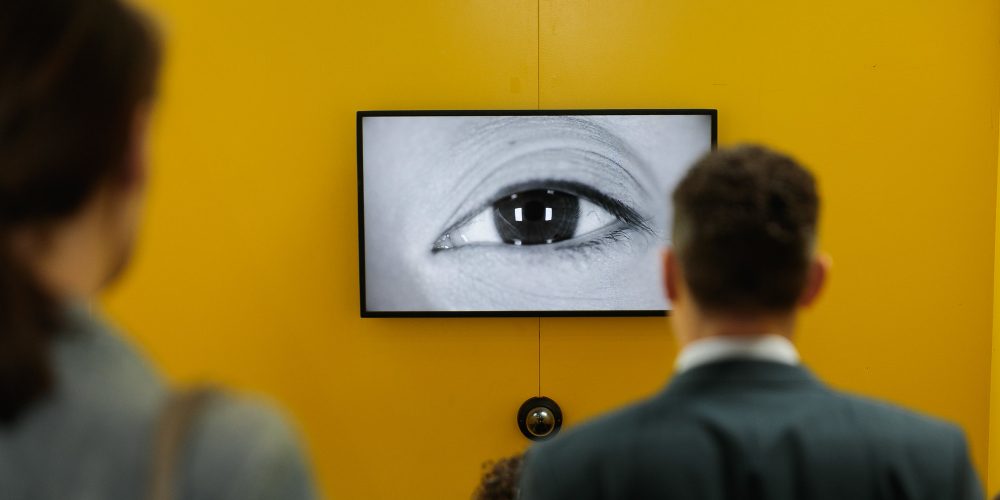
Smart security – what else?
How much (living) comfort justifies how much disclosure of personal data? How do manufacturers of intelligent products deal with customer data? How easily can devices be accessed from outside or even influenced?
-
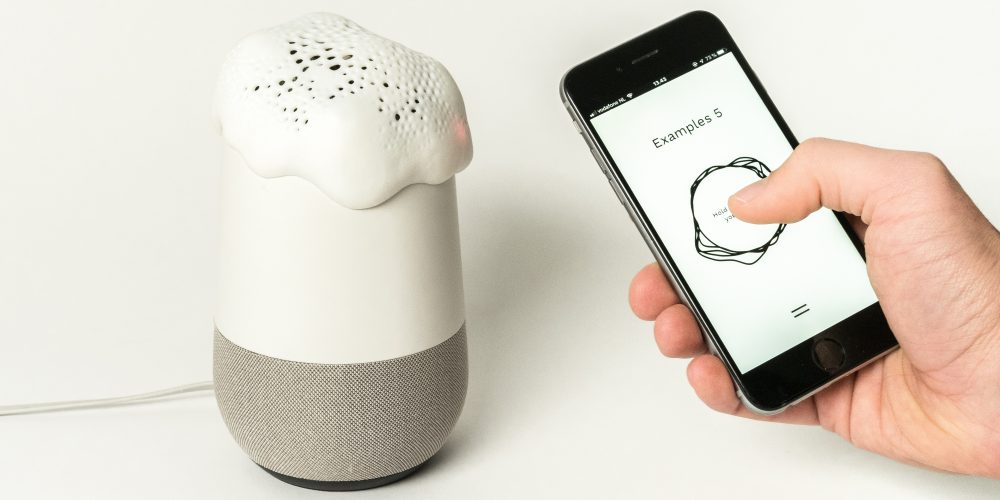
Project Alias: Rediscovering the Private Sphere
With “Project Alias,” Bjørn Karmann and Tore Knudsen of Denmark demonstrated a simple yet effective way to take back control over our own private sphere, which earned them the STARTS Prize of the European Commission. We talked with both of them about privacy, parasitic fungi, and the appropriate narratives.
-
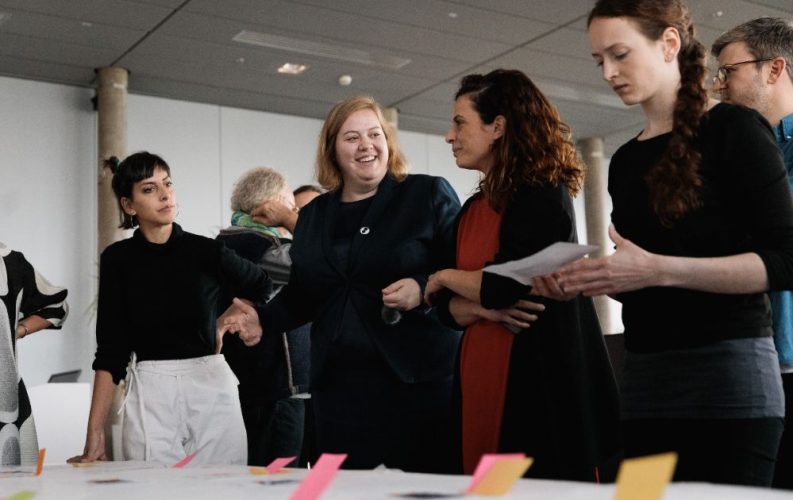
STARTS PRIZE: The Interdisciplinary Future
The decision is made! Winners and Honorary Mentions for the STARTS Prize of the European Commission have been determined. The international jury for this fourth consecutive award spent days discussing, observing, paring down entries and discussing again so the prize could be granted to very special projects in two categories: “Artistic Exploration” honors works where…
-
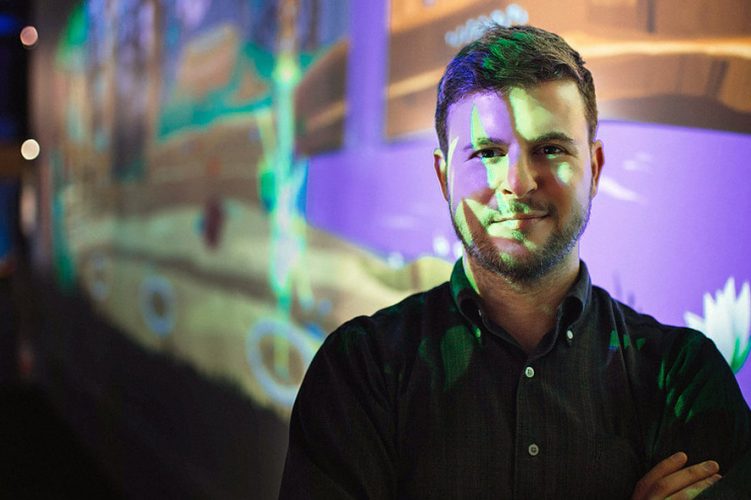
Nadav Hochman: “Involve Artists in the Technology Development Stage”
The submission deadline of the European Commission’s STARTS Prize 2019 is March 11! Nadav Hochman, co-founder of the Tech + Arts Initiative at the Tech Museum of Innovation in Silicon Valley, is one of the jurors of this competition and talks in an interview about the connections between science, technology and art.
-
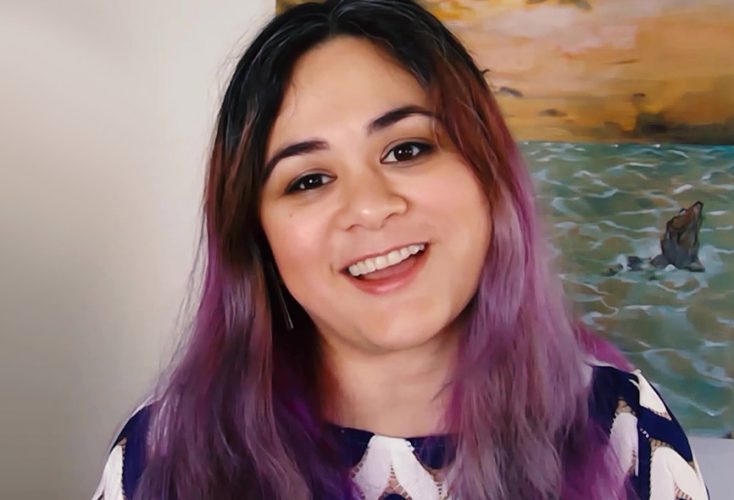
Şerife Wong: “I’d really like to see truly interconnected artists and scientists teams”
Submissions for the European Commission’s STARTS Prize will be accepted until March 11th, 2019. The artist Şerife Wong, one of this year’s jurors, talks about where she sees similarities between science, technology and the arts and explains to us – in her role as an ethics consultant – how we can deal with artificial intelligence…
-
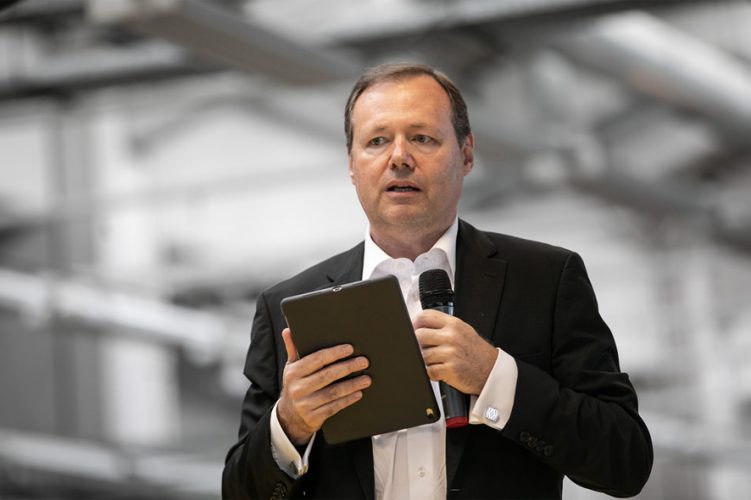
Guest Article: Artificial Intelligence – The next frontier
After his visit to the Ars Electronica Festival, Roberto Viola, Director General of DG CONNECT (Directorate General of Communication, Networks, Content and Technology) at the European Commission, talks in this guest article about how important it is to involve art in the further development of AI technology.
-
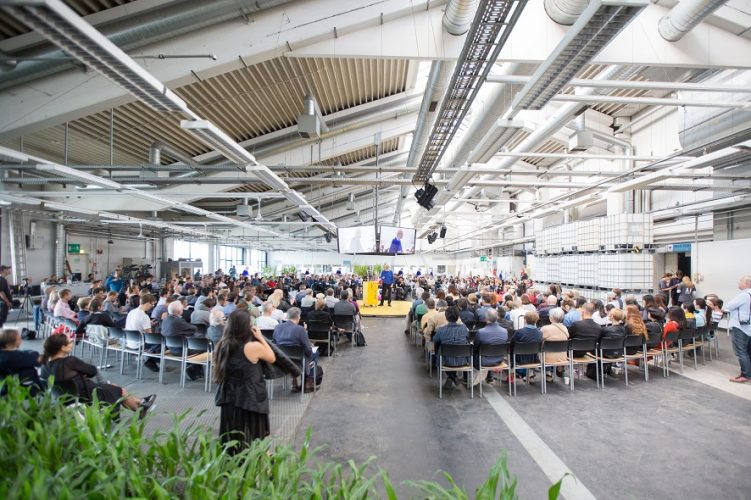
Data to the People: Ernst Hafen
Biologist Ernst Hafen will speak at the Ars Electronica Festival’s Theme Conference on September 7, 2018 about how we can deploy our data to foster scientific progress and democratize the data economy at the same time. He goes into detail in this interview.